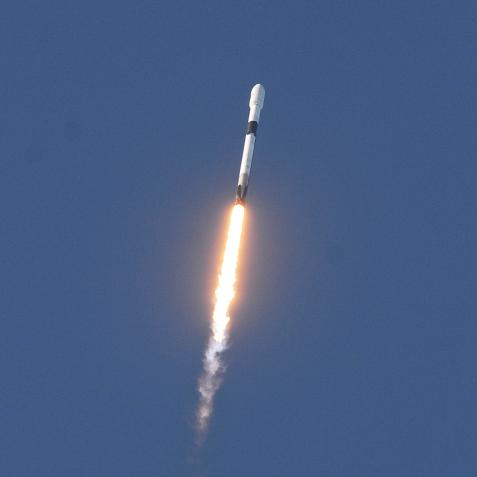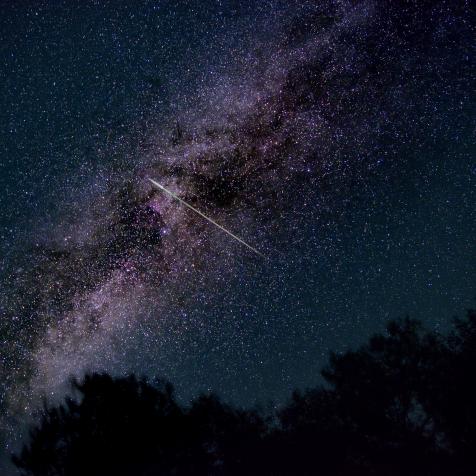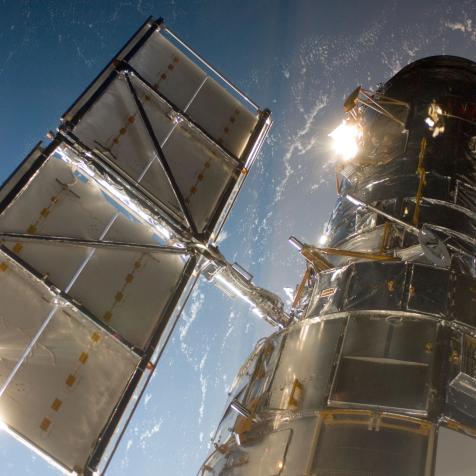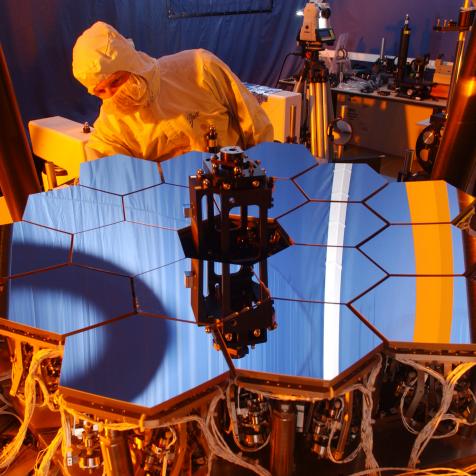
Curiosity Daily Podcast: Explorers Club - Nina Lanza
Today for our Explorers Club series, we are about to be hit by a meteorite of space knowledge as we have a wildly accomplished scientist and researcher entering our atmosphere, Dr. Nina Lanza.
Episode show notes:
Dr. Nina Lanza is the Team Lead for Space and Planetary Exploration in Space and Remote Sensing at Los Alamos National Laboratory. She is also the Principle Investigator of the ChemCam instrument on the Mars Curiosity Rover (sadly not sponsored by us) and a team member for the SuperCam instrument on the Mars Perseverance rover. She’s an expert on Mars and does a lot of research on meteorites and minerals that can tell us about the interactions between rocks, soil, atmosphere, and water on the planet.
- Nina Lanza Interview from 4/23/22
- Dr. Nina Lanza - About Nina
- NASA's Curiosity Rover Measures Intriguing Carbon Signature on Mars
- 2020 Mission Perseverance Rover - SuperCam
- Mount Sinai - Manganese
Follow Curiosity Daily on your favorite podcast app to get smarter with Calli and Nate — for free! Still curious? Get exclusive science shows, nature documentaries, and more real-life entertainment on discovery+! Go to https://discoveryplus.com/curiosity to start your 7-day free trial. discovery+ is currently only available for US subscribers.











































































